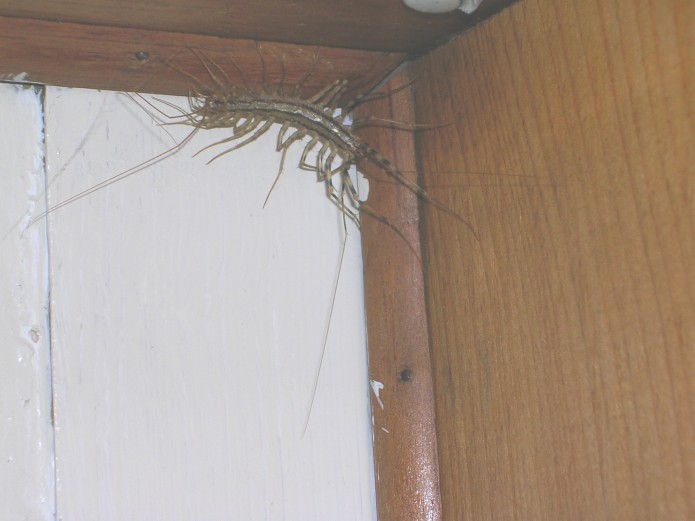Hygiene is very important in a kitchen because this is where food is prepared. Unfortunately a lot of kitchens are less than hygienic, which can lead to all kinds of nasty problems such as food poisoning. In a domestic kitchen, this is not so much of a problem. After all, you only have yourself to blame if you end up with a bad stomach as a result of failing to clean up regularly. But in a commercial kitchen, poor hygiene can lead to all kinds of issues. Customers may end up sick, the restaurant manager/owner fined lots of money, business suffers, and in the long term the premises could be shut down. So what are the five kitchen hygiene issues that you need to be aware of?
Grease and Grime
Unless all you ever do is prepare a salad or two, grease is unlikely to build up on work surfaces, machinery and kitchen storage areas. Grease in turn attracts dirt and dust, which is why kitchens need to be cleaned thoroughly every day. Grease can be tackled with hot, soapy water and de-greasing cleansing solutions. Ideally work surfaces should be easy to clean and free from cracks and other imperfections where grime and grease can build up. For this reason, stainless steel or commercial grade Proclad uPVC panels, counter tops and splashbacks are the most effective materials for a commercial kitchen.
Vermin on the Loose
Rats, mice, ants, cockroaches, and other nasty creatures are not normally welcome in a kitchen, the reason being that they spread disease and contaminate food. The best way to avoid an infestation of vermin is to keep your kitchen clean and tidy. Pests tend to frequent places where there is a ready supply of food, so if you drop scraps on the floor, leave food uncovered or in an easily accessible location, you are asking for trouble.
Wash Your Hands!
Anyone preparing food should wash their hands before handling food, in between handling raw food and other ingredients, and after visiting the toilet. Basically you should wash your hands before you do anything, just to be sure.
Food Storage Disasters
Food needs to be stored correctly at all times. Meat, dairy and fresh food should be stored in a temperature controlled environment and dry food is best stored in sealed containers to avoid contamination from insects and vermin. Raw food needs to be kept separately from cooked food to avoid cross contamination problems.
Flaky Walls
In an ideal world, kitchens would be spotless with immaculate walls, floors and ceilings. Sadly this is not always the case and it is not uncommon to see uneven floors, cracked tiles and flaking paint in areas where food is prepared. This type of problem can be avoided by keeping up with a maintenance schedule or replacing worn tiles and flooring with purpose designed PVC panels for a more hygienic finish.
Don’t wait until you have a ‘surprise’ visit from your local environmental health inspector before addressing serious kitchen hygiene issues. Deal with issues before they become a threat to your business—your customers will thank you.


